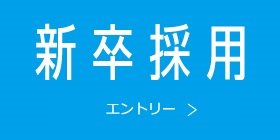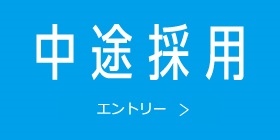PROFILE
In my previous job, I worked as a coordinator translating user manuals for major domestic manufacturers into multiple languages. Since my student days, I have been immersed in English, learning from native teachers, and even studied in the UK after becoming a working professional. Additionally, after graduating from university, I was involved in development at a systems company, making me well-versed in IT as well.
The sense of accomplishment when the project runs as planned
Joined in 2017
Attracted by the scale
After graduating from university, I had many opportunities to read English manuals at the IT company I joined, but often I found that I could not understand the content at all even after translating it into Japanese. This desire to make it clearer was the reason I aspired to work in translation. I then studied abroad in the UK, and after returning to Japan, I worked at a translation company where I was involved in quality control of translated materials. Later, I changed jobs to my previous translation company, where I gained about 10 years of experience in project management as a multilingual coordinator, similar to my current role. Considering the future potential of the translation industry, I became very interested in our company, which is large in scale and strong in IT, and decided to join.
Proceeding efficiently with careful planning
Since joining the company, I have been responsible for creating user manuals for printers from major manufacturers as a multilingual coordinator. It has been a very long project lasting over a year, and there have been accidents such as development delays and product issues, but we have finally completed it recently. The English-Japanese translations handled by another department are primarily focused on overseas companies, which require a sense of urgency. However, in the case of multilingual translations, it is necessary to first translate from Japanese to English, and then from English to various languages such as French and Spanish, so it is essential to establish a solid schedule to proceed as planned. There are many details to check, which can be nerve-wracking, but on the other hand, it is also important to delegate languages that are not understood to those who do, and not to get too involved.
Efficiently coordinate projects
The large project that had been ongoing since last year has settled down for the time being, but we are currently working on the localization of a help site that deals with everything from the installation of printers to troubleshooting. Since this is a long-term project, we make an effort to proactively communicate about aspects that our clients might overlook. Additionally, we are currently using a different CMS (Content Management System) for production than that large project. In fact, I had not used a CMS much before joining the company, so it was quite challenging at first, but I feel that I have grown to the point where I can handle the basic operations. I believe our company provides an optimal environment for those interested in functional management.
Words of gratitude from our customers
It requires a lot of attention to expand into various languages, but I feel relieved when a large-scale project is completed smoothly. Multilingual translation tends to become complicated due to the volume of translation and the difficulty of quality checks, which often leads to unexpected questions from clients. Throughout long-term projects, I have multiple meetings with clients, carefully explaining the process so they can understand the arrangements, and when I can deliver ahead of schedule and receive words of gratitude like, "Everything went smoothly. Thank you very much," I feel extremely happy. I believe that seeing a project progress as planned and feeling that it has benefited the client is the greatest reward for a multilingual coordinator.
I want to increase productivity within the company
I feel that machine translation will become mainstream in the future industry. However, not all translations can be done by machines, and ultimately there are parts that must be handled by humans. Therefore, I believe that education and securing talent are urgent tasks for the company's growth. I feel that our employees possess a wealth of diverse experiences and excellent know-how, but there are also areas that have become overly dependent on individuals. By properly articulating and organizing the tacit knowledge within the company, I believe we can standardize tasks that are only done occasionally. My current goal is to create business manuals that are easy to understand for anyone, thereby improving the efficiency of our internal operations.




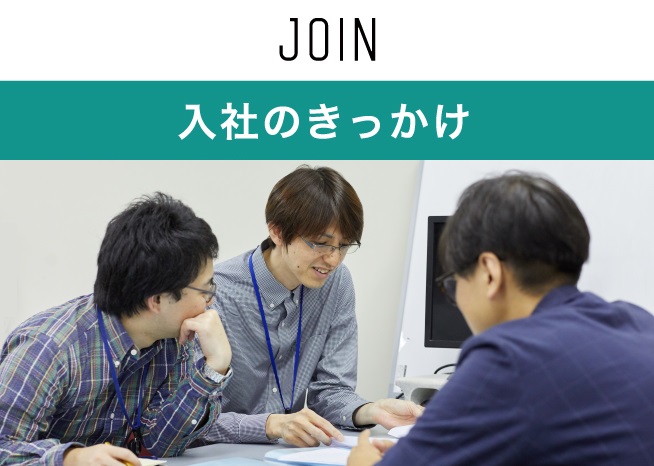
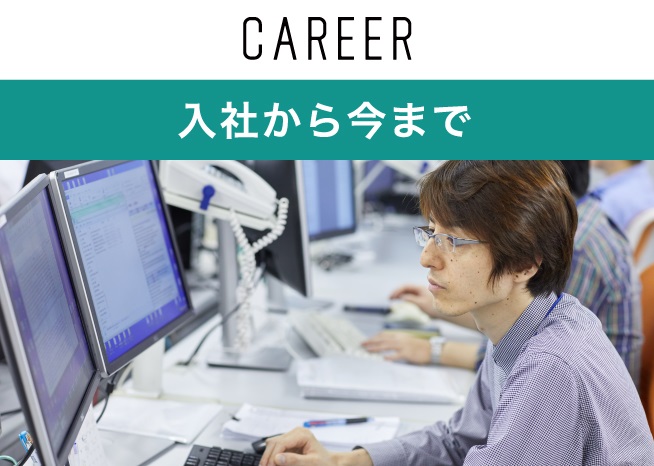
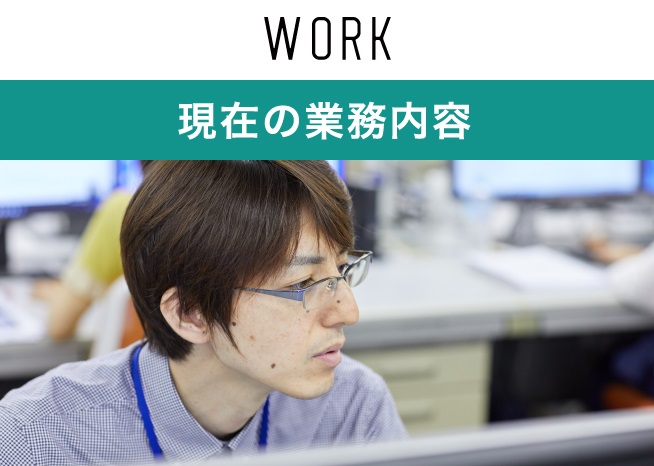
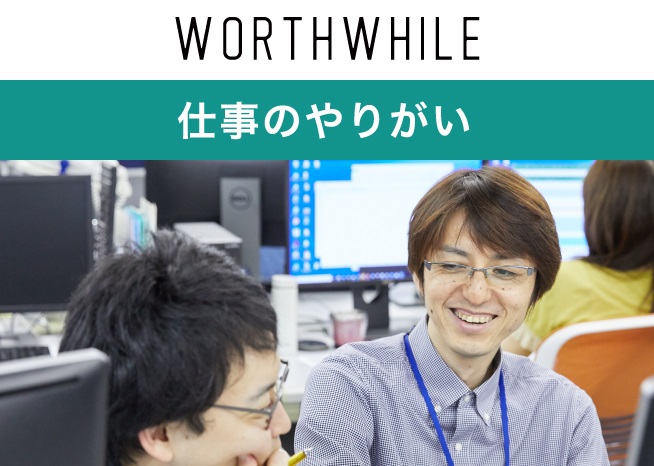
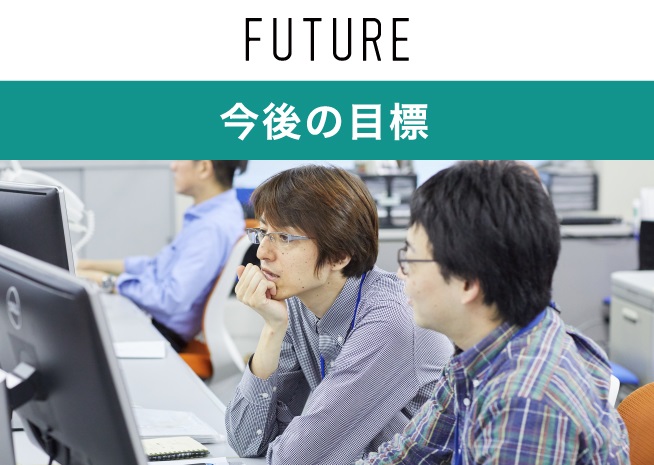

 Translation Coordinator (IT)
Translation Coordinator (IT) MT Engineer
MT Engineer Multilingual Coordinator
Multilingual Coordinator Technical Writer
Technical Writer Manual Consultant
Manual Consultant System Engineer (Development)
System Engineer (Development) System Engineer (Operations)
System Engineer (Operations) Education Consultant
Education Consultant Consulting Sales
Consulting Sales

